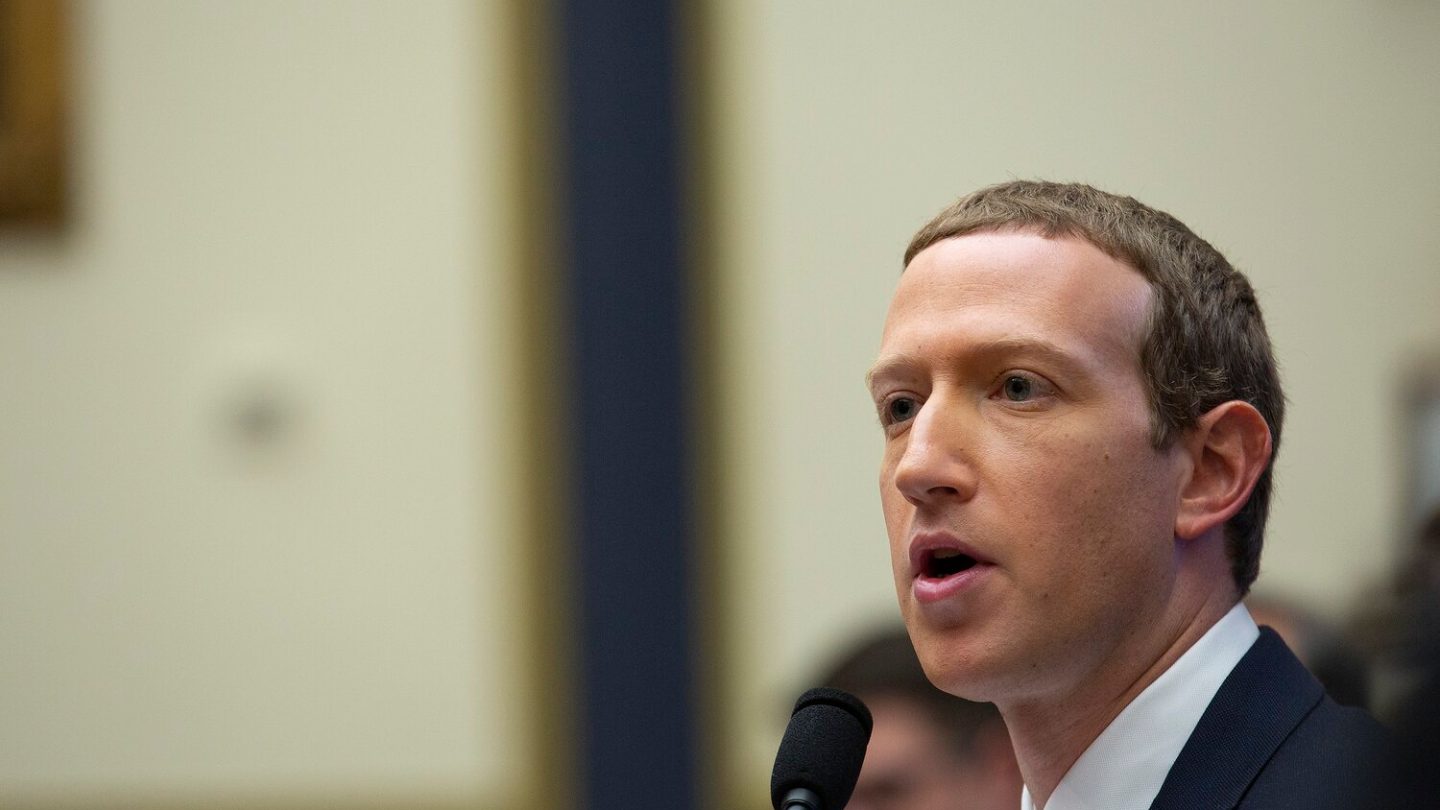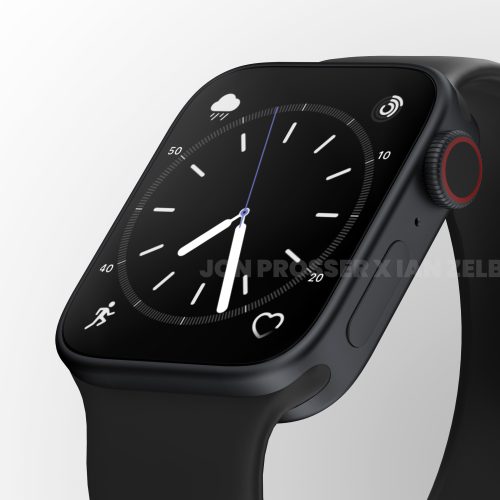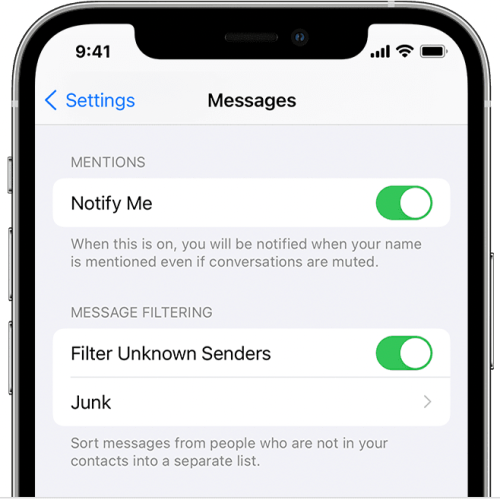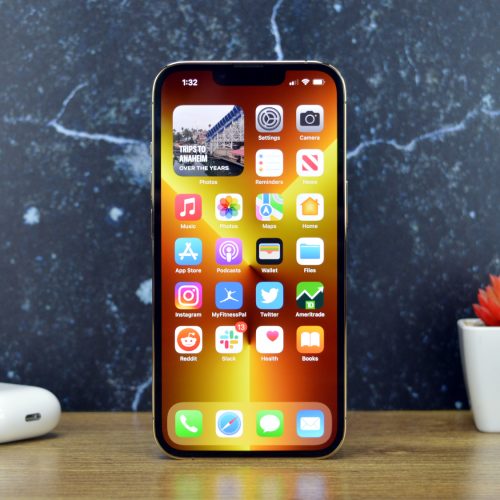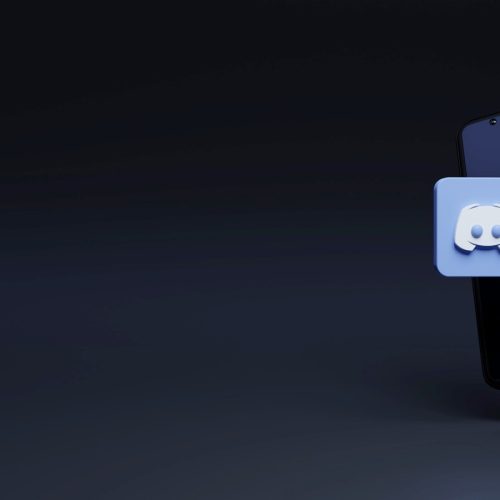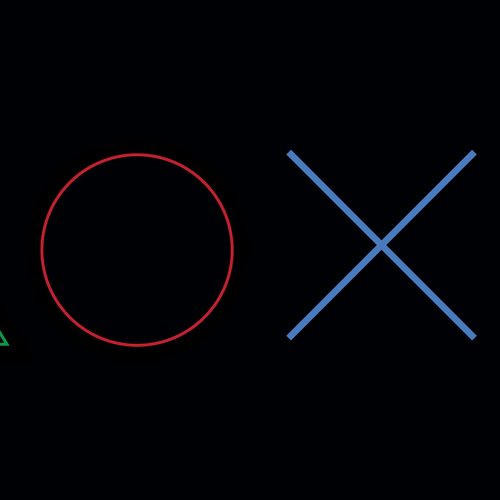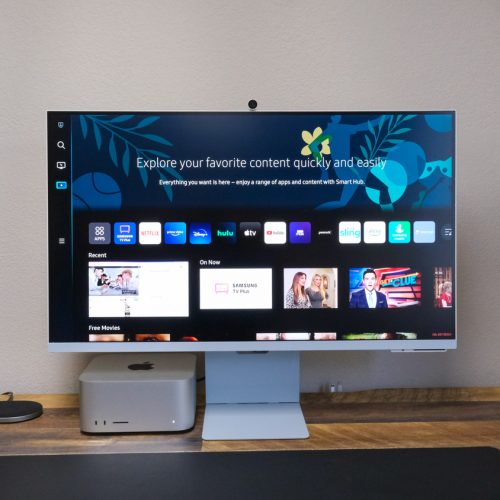For the umpteenth time in the life of the social networking giant, Facebook is preparing to implement a top-to-bottom overhaul of its signature blue app in the face of a serious competitive threat. After making Snapchat-style Stories and TikTok-inspired Reels the centerpiece of the Instagram experience, Meta-owned Facebook is now preparing to make the TikTok-ification of the Facebook app even more pronounced.
TikTok is currently the most visited website in the world, with the popular video service having established its pop-culture dominance by attracting influencers, celebrities, brands, and of course, everyday individuals across the world. For the time being, though, Facebook parent Meta remains the biggest, and most consequential, social media platform and company globally.
It’s also for that reason, by the way, that Facebook and Instagram accounts remain juicy targets for hackers. That’s no surprise, given the staggering number of users who still rely on the services to consume content. And to stay connected with friends and loved ones.
Facebook account hacked?
One of the common knocks against Facebook — that it knows and tracks so much about you and your activity — can actually work in your favor if you’re trying to determine whether someone has unauthorized access to your account.
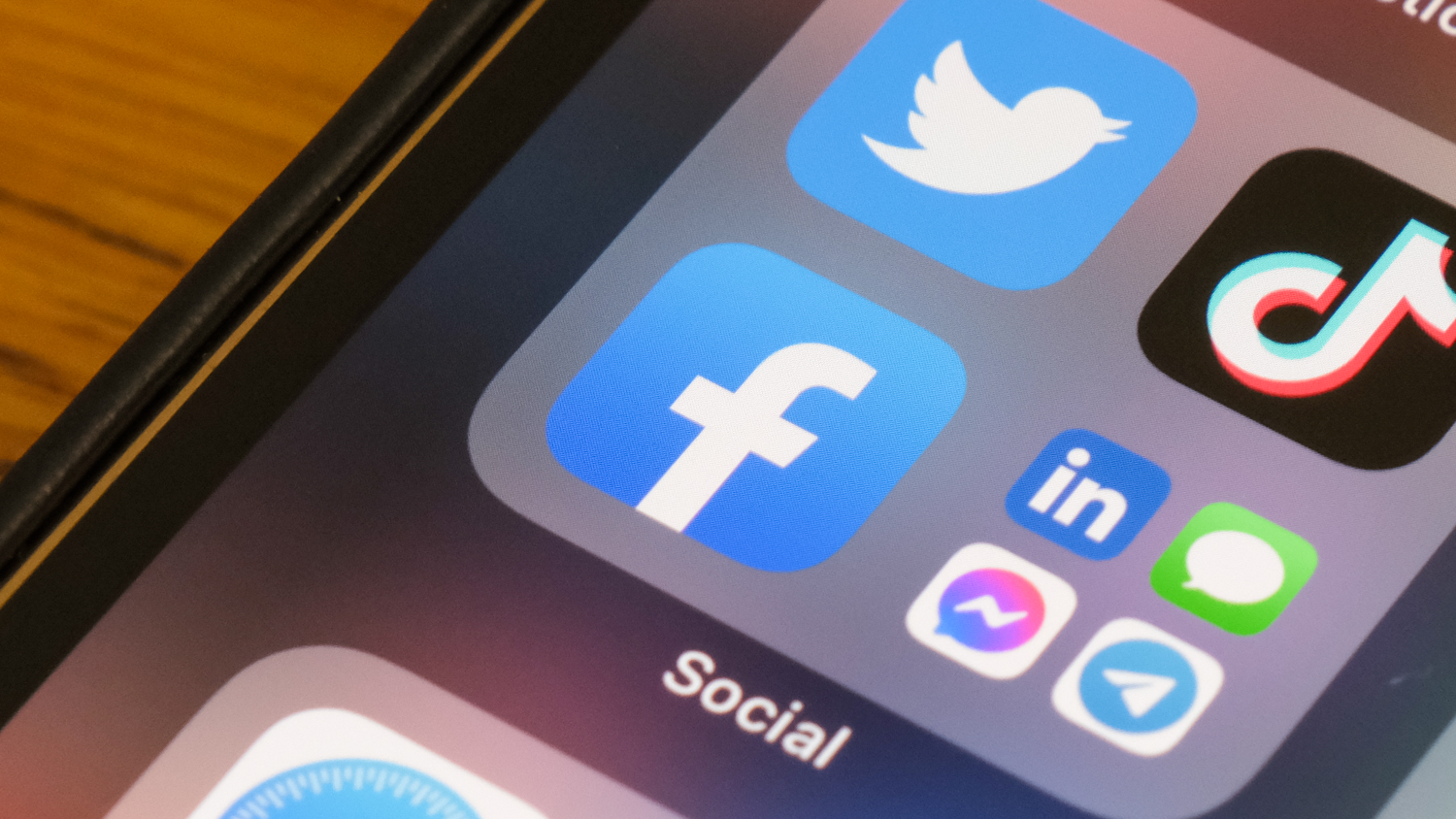
There are some pretty easy steps you can follow to make sure your Facebook account has not fallen victim to a snoop or malicious hacker.
First, sign in to your account. If you’re on the web, next click your profile image in the top right corner. And then, from the drop-down menu, select Settings & Privacy > and then Settings.
After that, click on Security and Login. Then look over to the right. You should see a listing of devices under the heading Where you’re logged in.
Two should be showing immediately. But if you click on “See More” you can expand that list. See any that are questionable or that you’re sure weren’t you? Simply choose “log out” from the three-dot icon over on the right.
While we’re at it, if you haven’t turned on Two-Factor Authentication for your Facebook account, you definitely need to do that right now. Simply scroll down on the same page that had the “Where you’re logged in” menu. Look for the Two-Factor Authentication option. Turn it on, and then from that point onward Facebook will ask for a login code if there’s an attempt to log in to your account from an unrecognized device or browser.
The beginning of the end for Zuckerberg’s empire
Of course, steps like those are only useful to anyone out there who still uses and enjoys Facebook. A service that’s now facing perhaps its toughest competitive threat to date, in the form of an app that tens of millions of people around the world now love more — such that Facebook is prepping an overhaul to make itself more in line with that rival app.
In a leaked memo obtained by The Verge, company executives laid out a plan to prioritize Facebook posts that are likely to spur engagement. At the expense, of course, of posts from individuals that people actually follow. In effect, Facebook will try and mimic TikTok’s For You Page. That’s the TikTok discovery engine that expertly doles out videos while keeping consumers engaged for hours on end.
Instagram is already doing this in a big way. Facebook, meanwhile, got as big as it did partly because of the algorithm that surfaced the content you’re likely to most engage with … from within the universe of people and pages you already follow on Facebook.
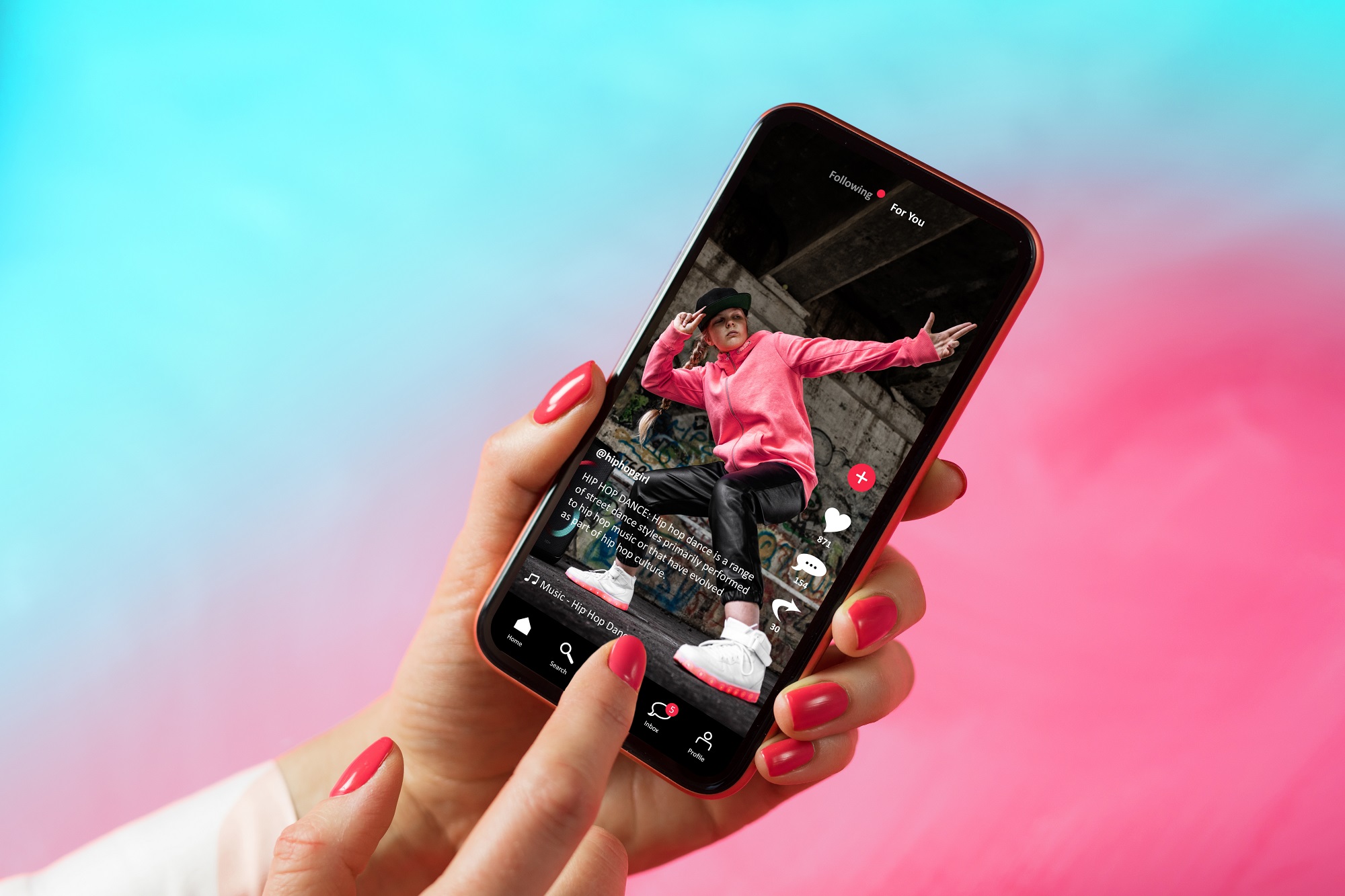
Therein lies a key distinction that TikTok capitalized on. Because TikTok is freakishly good at showing you content that the app thinks you will love … from potentially any account on the service. Whether you follow that account or not.
Bottom line: The business strategy behind Facebook’s approach makes sense on a surface level. However, it has the potential to destroy the very thing that made Facebook popular in the first place. That would be the actual connections between friends, family, and acquaintances.
